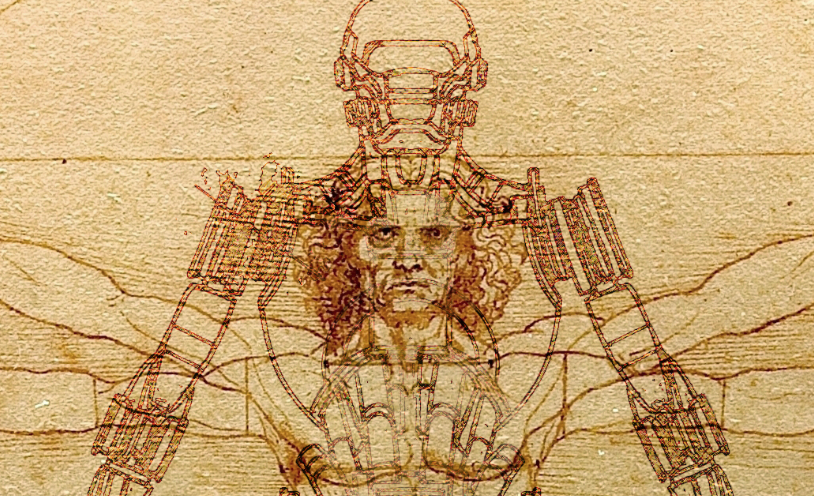
Make it stand out
What’s been happening?
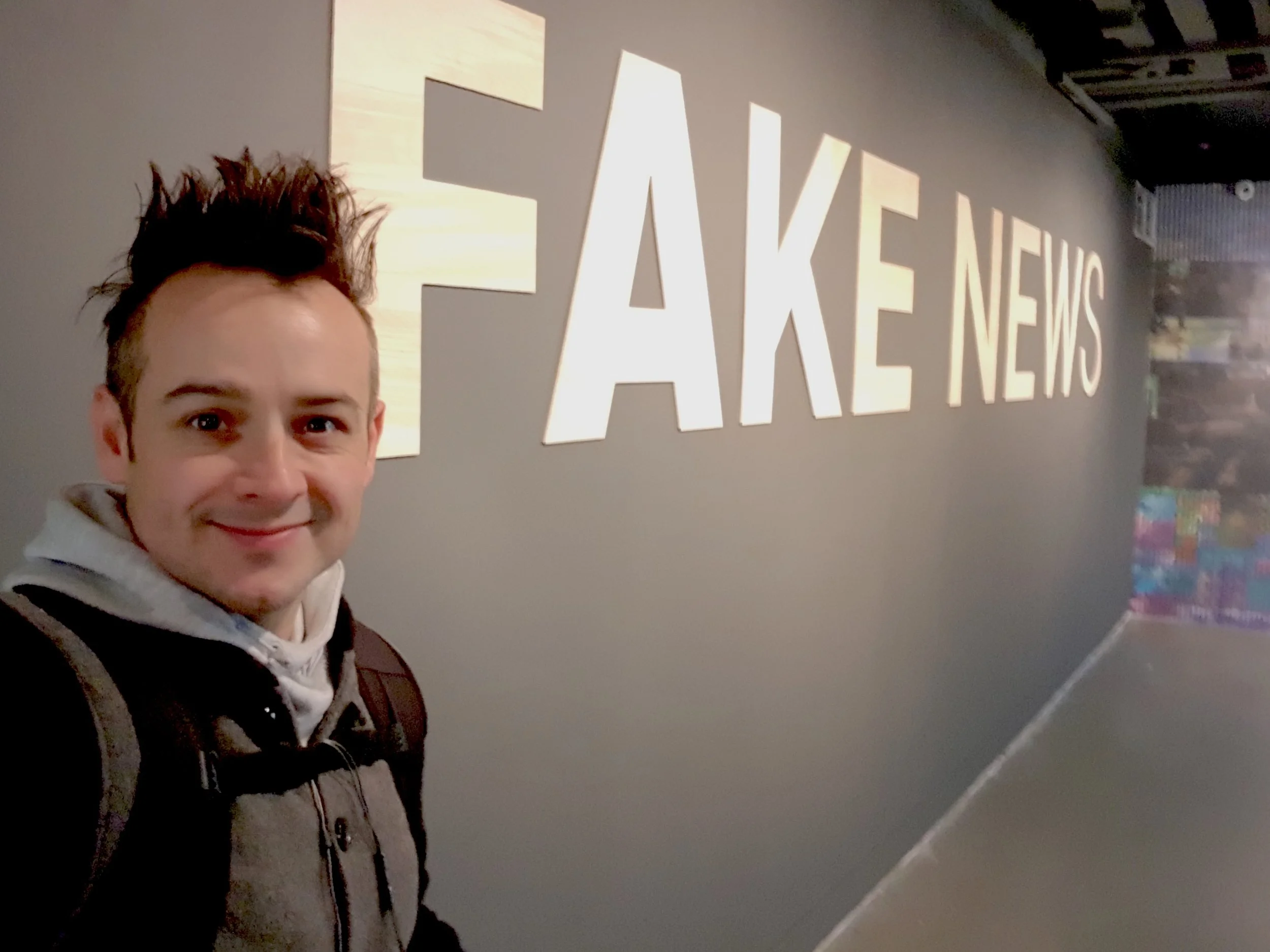
#FakeNews
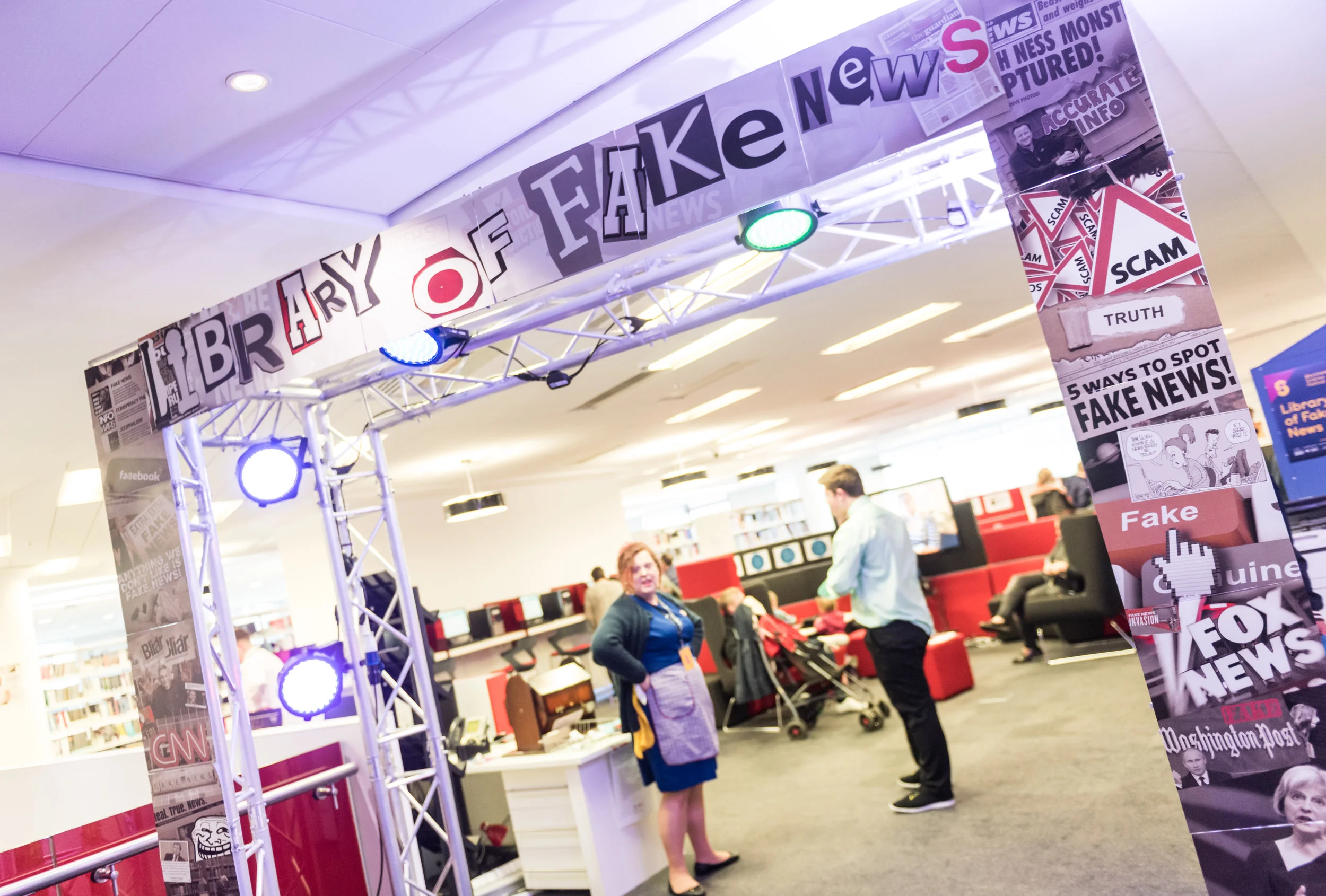
Fake News, Science, and Journalism
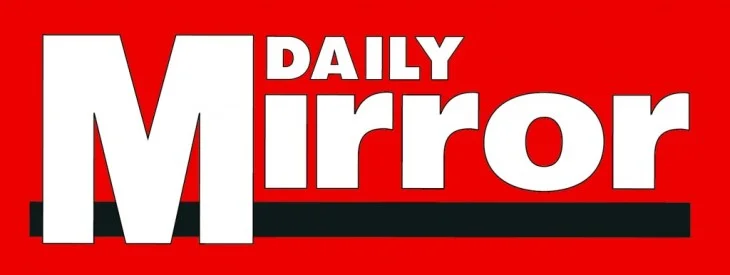
What Spider-Man needs to eat for breakfast
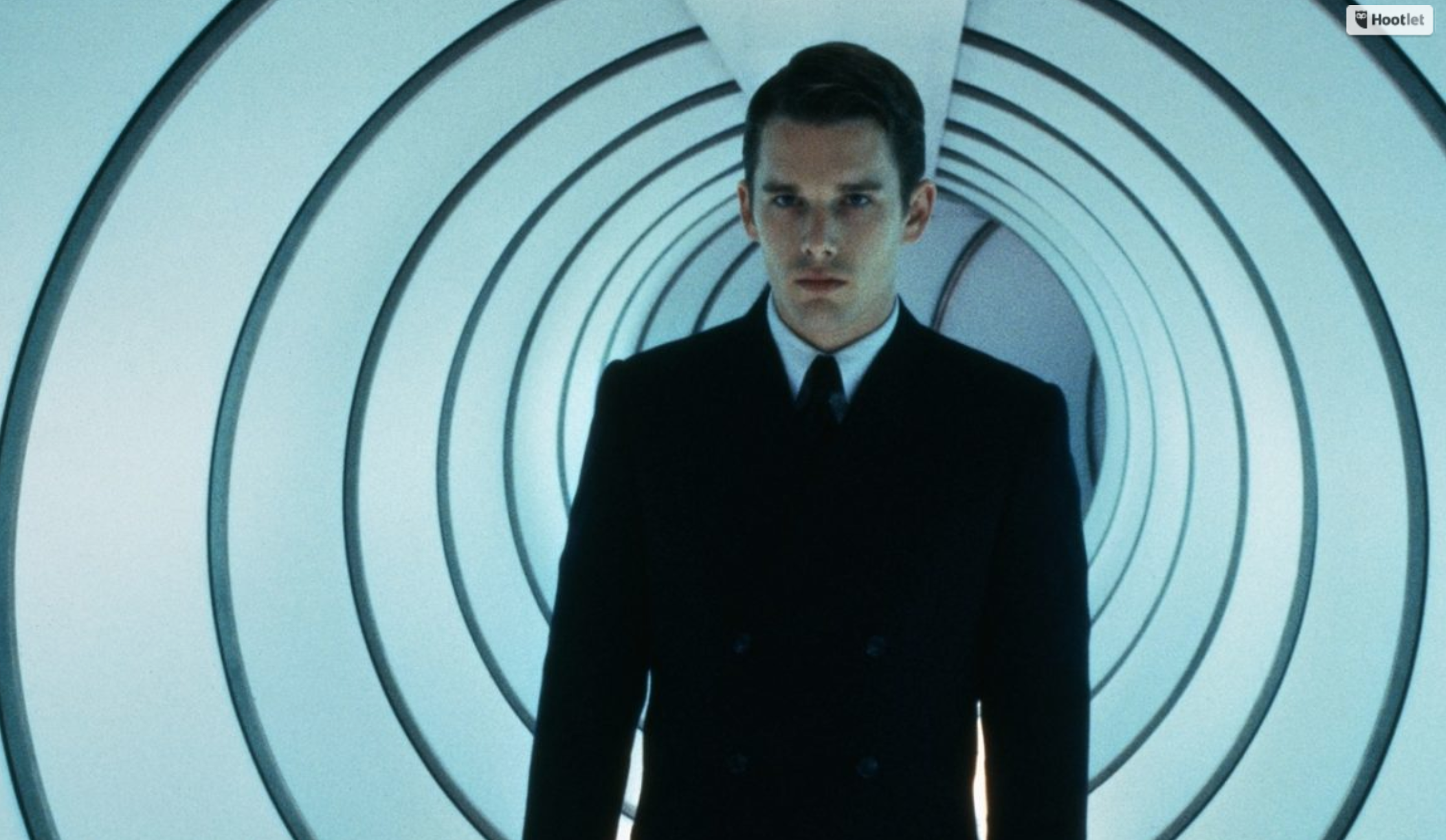
GATTACA 20 years later
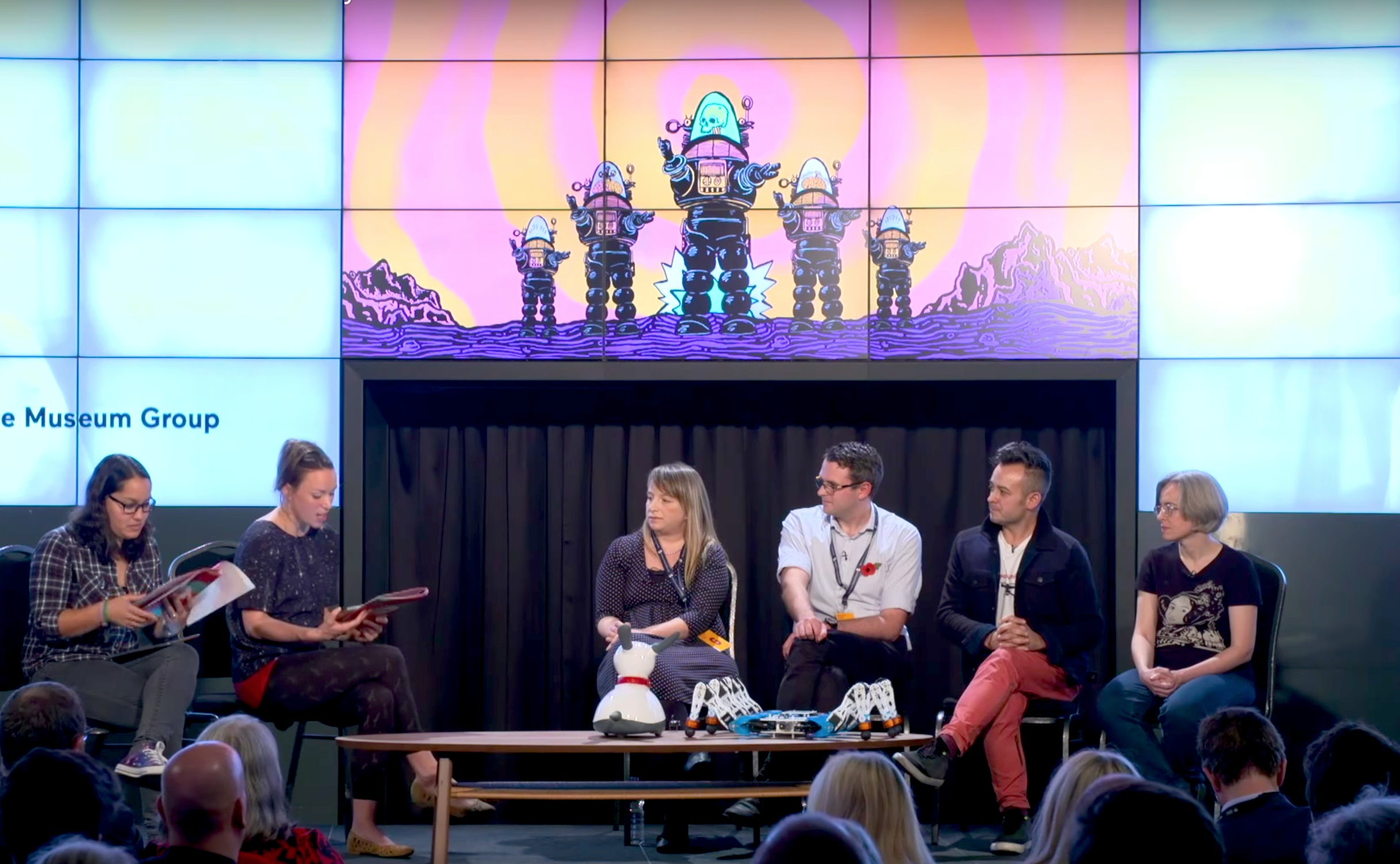
Tomorrow's World Live - ROBOTS
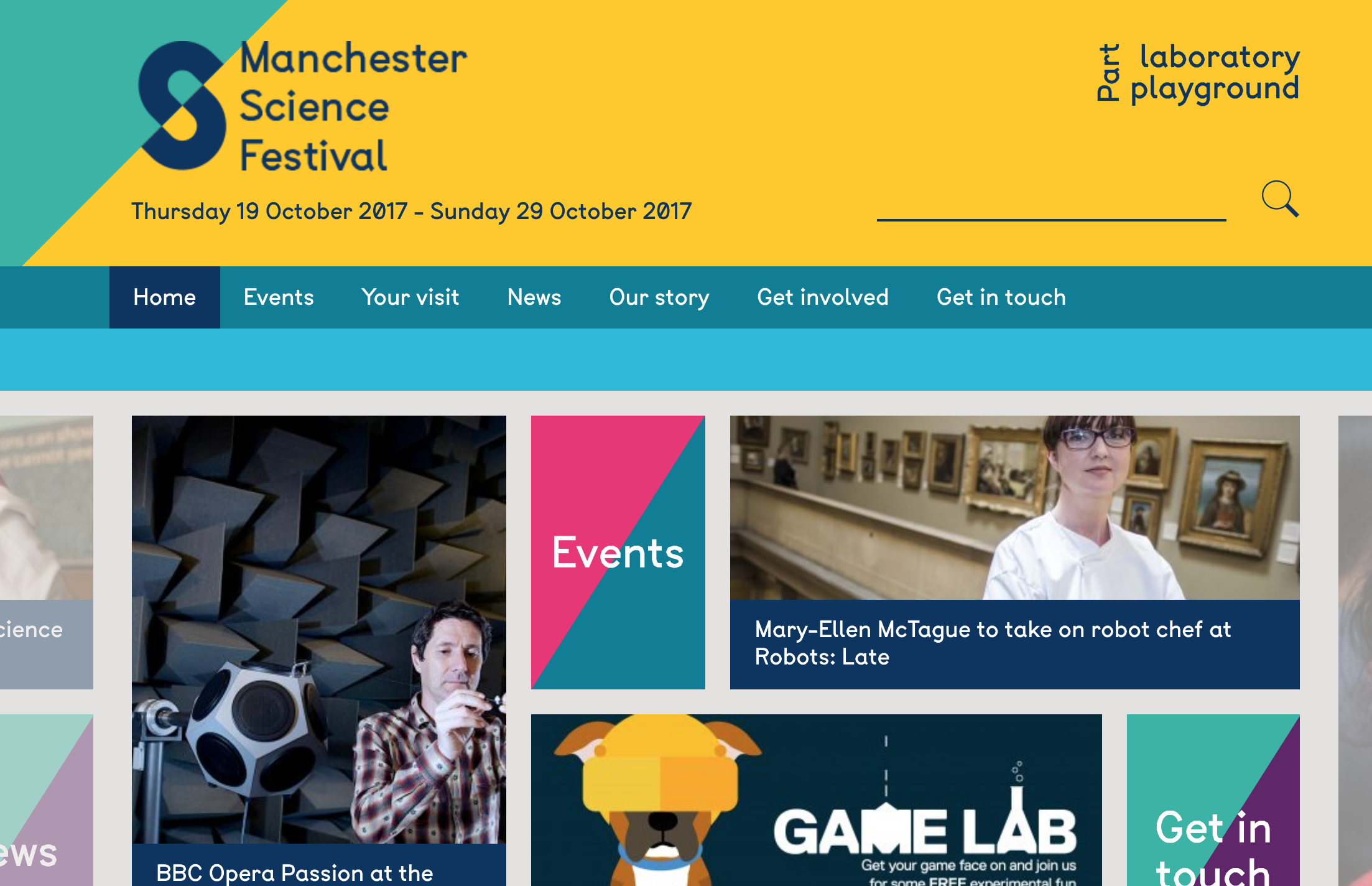
Manchester Science Festival 2017
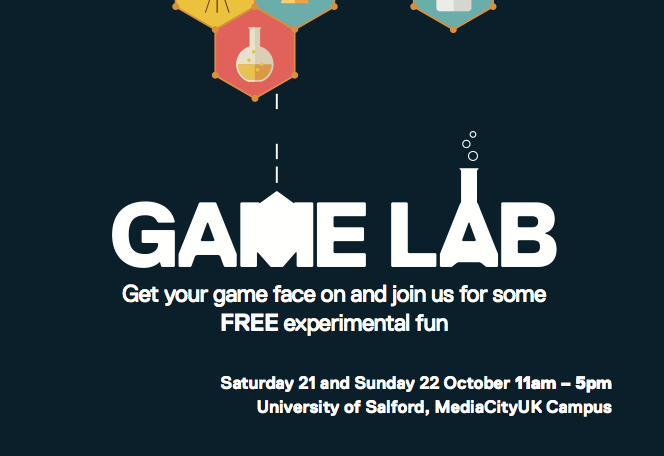
GameLab at Manchester Science Festival

The Future of Work
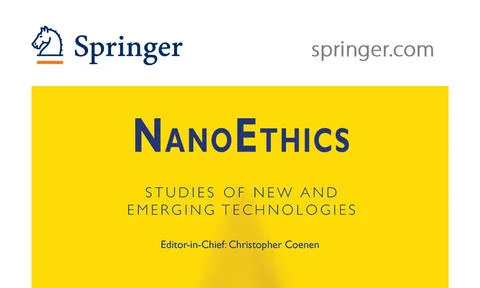
Nanoethics, Science Communication, and a Fourth Model for Public Engagement
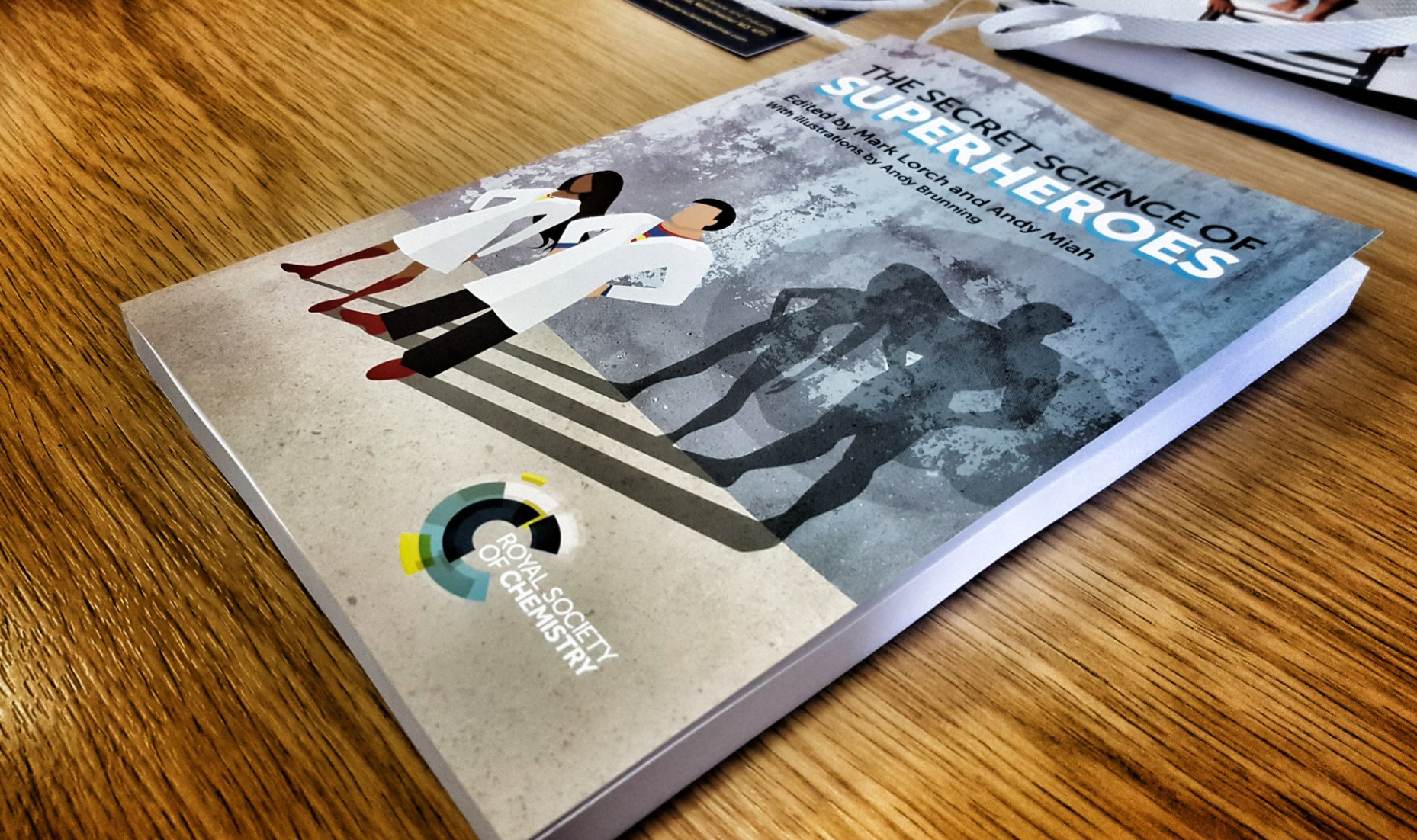
The Secret Science of Superheroes
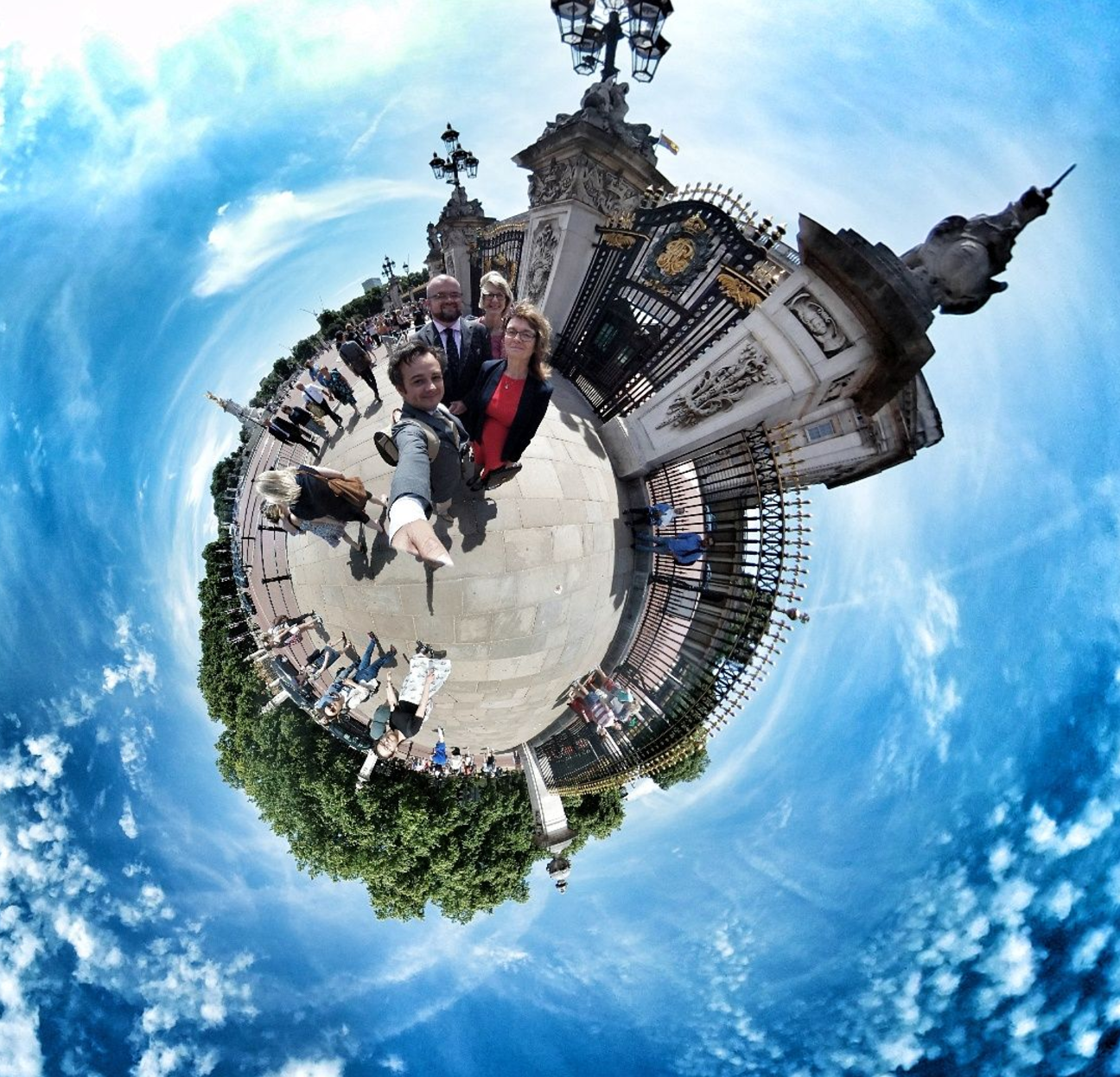
A day at Buckingham Palace

The Great Science Share
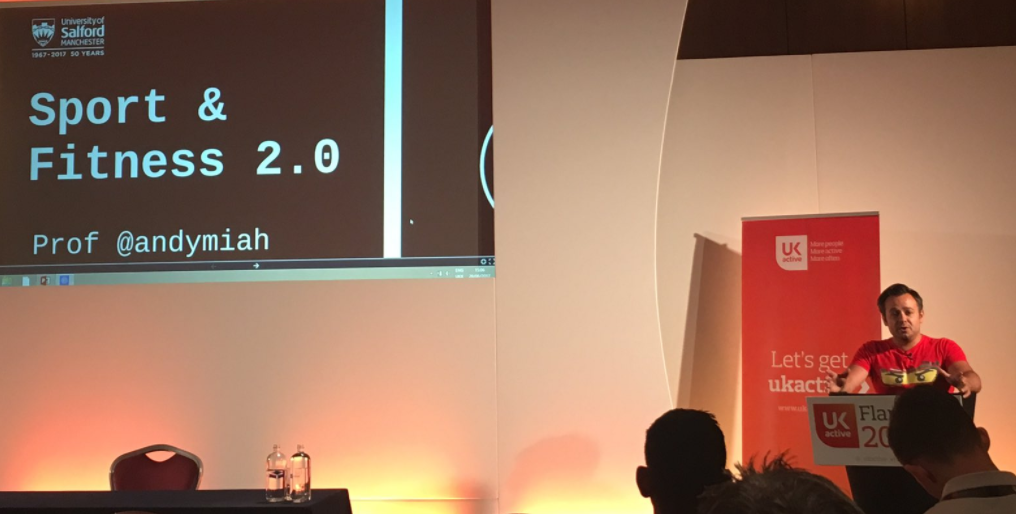
Fitness 2.0
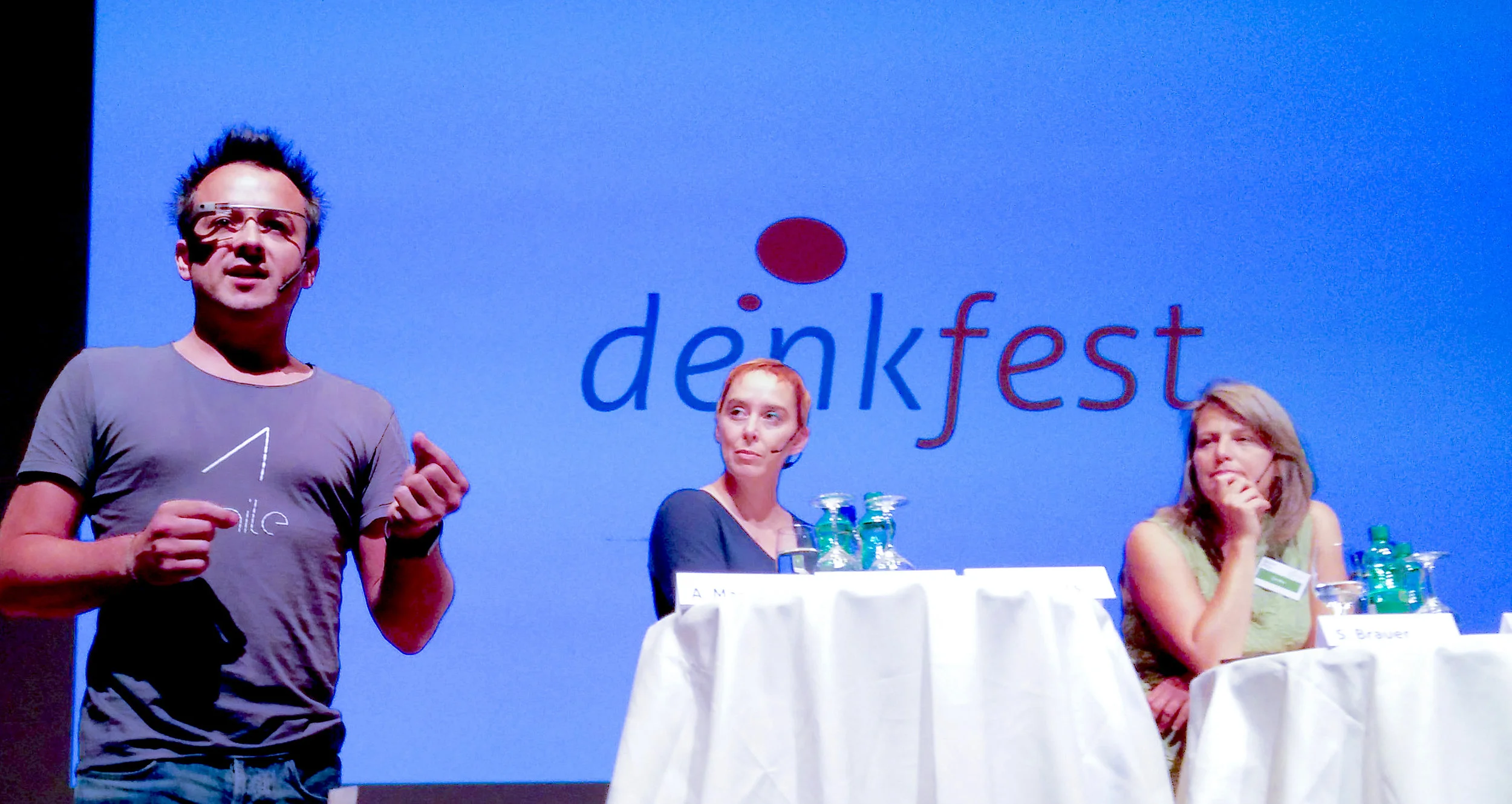
Google Glass - my research
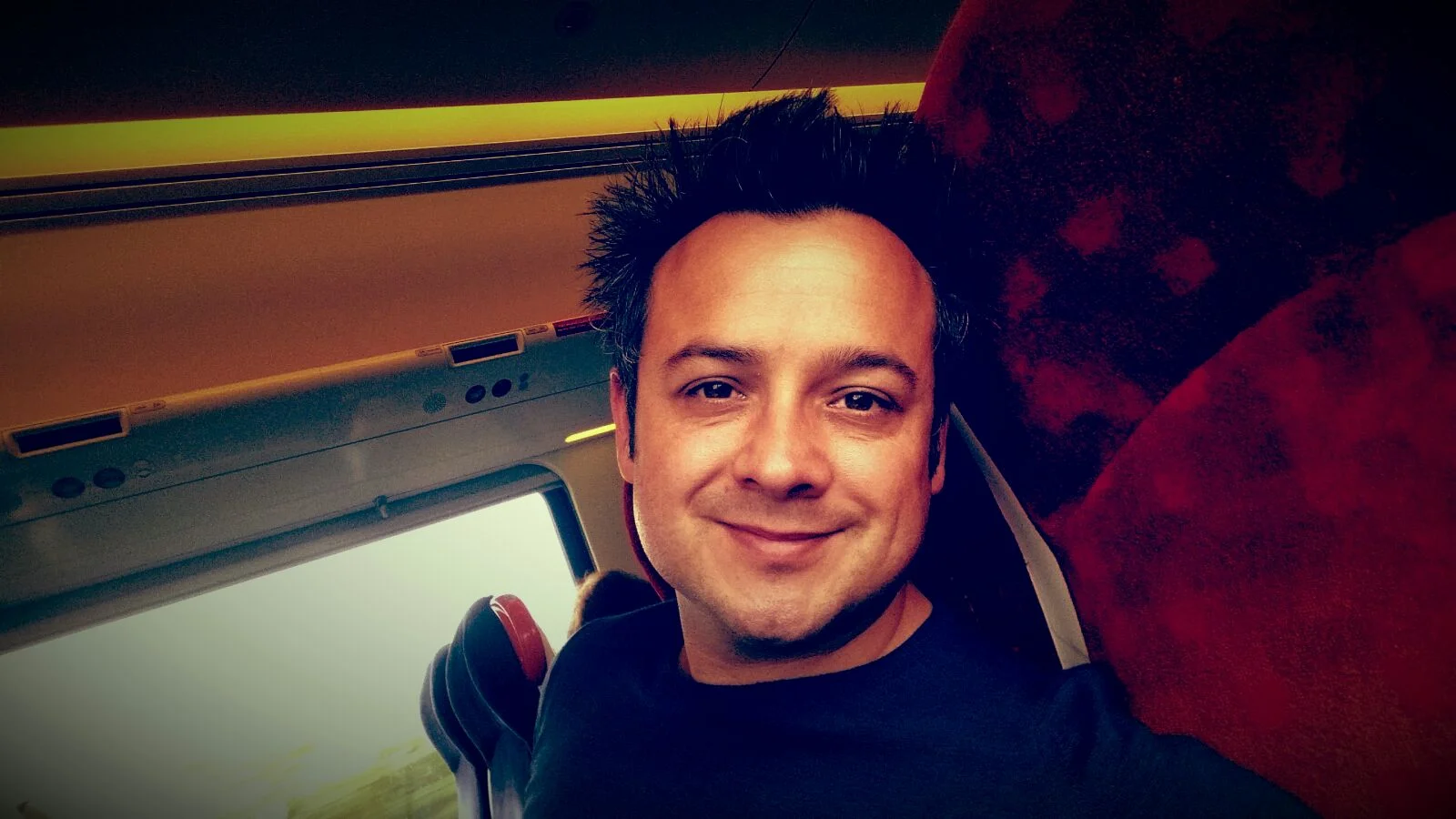
Digital Health
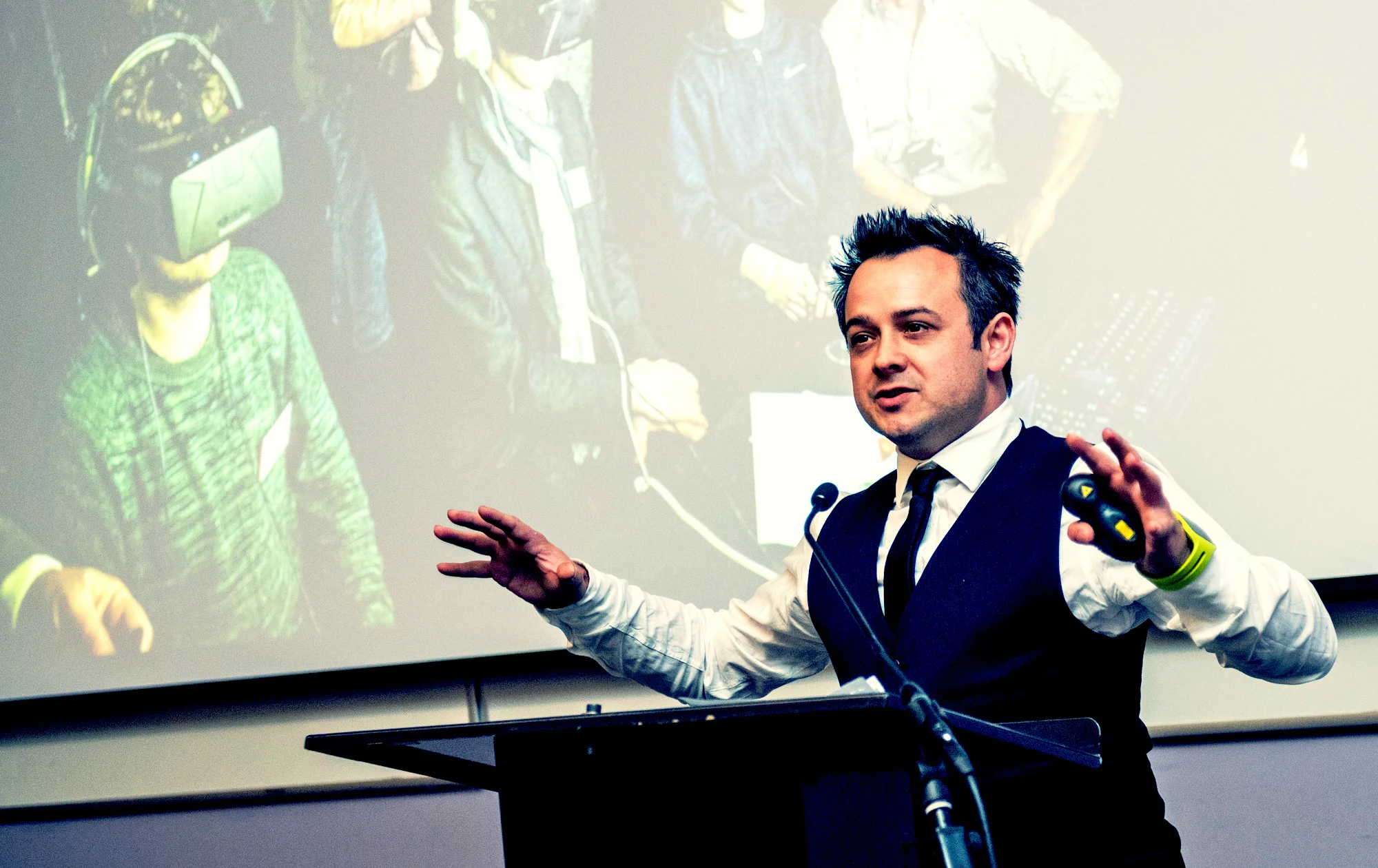
Humanity 2.0
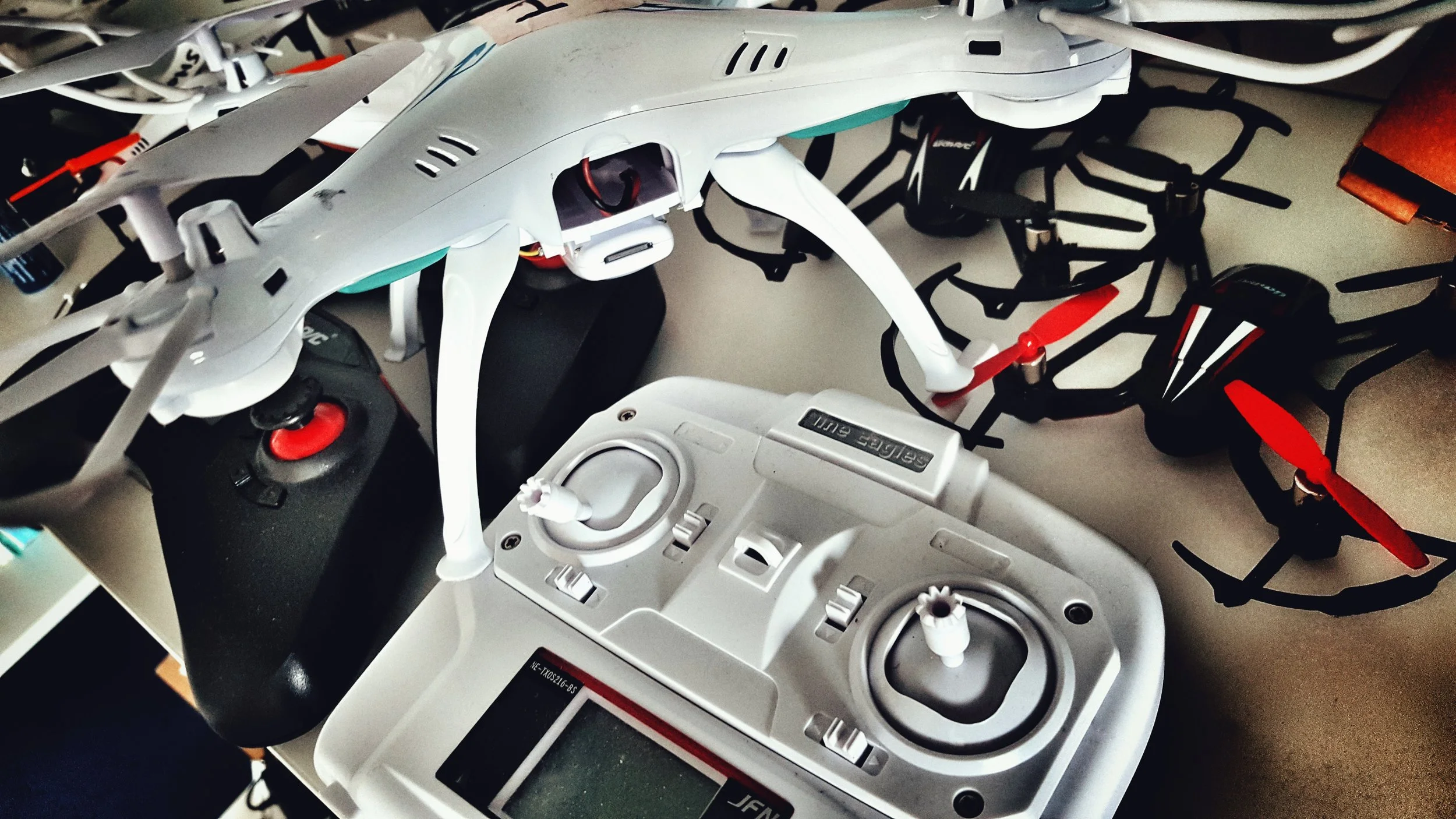
Drone delivery from the ground
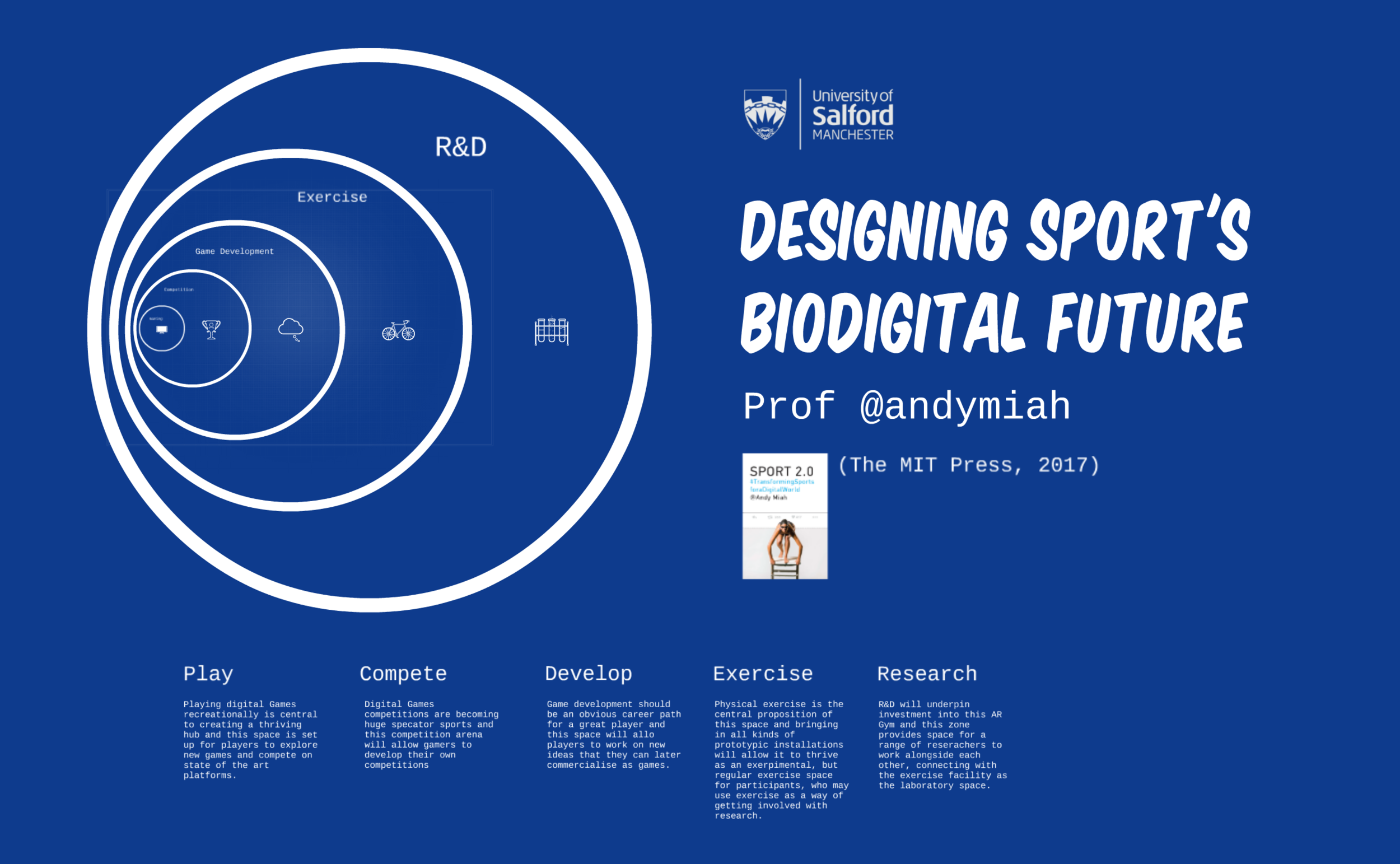
Designing Sport's BioDigital Future #DSI17
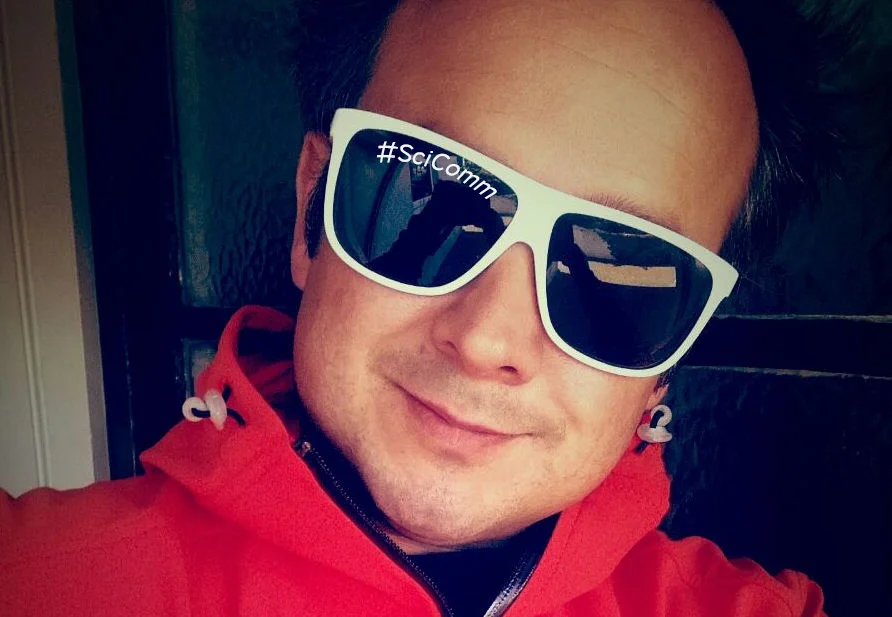
#SciComm as a Way of Life
